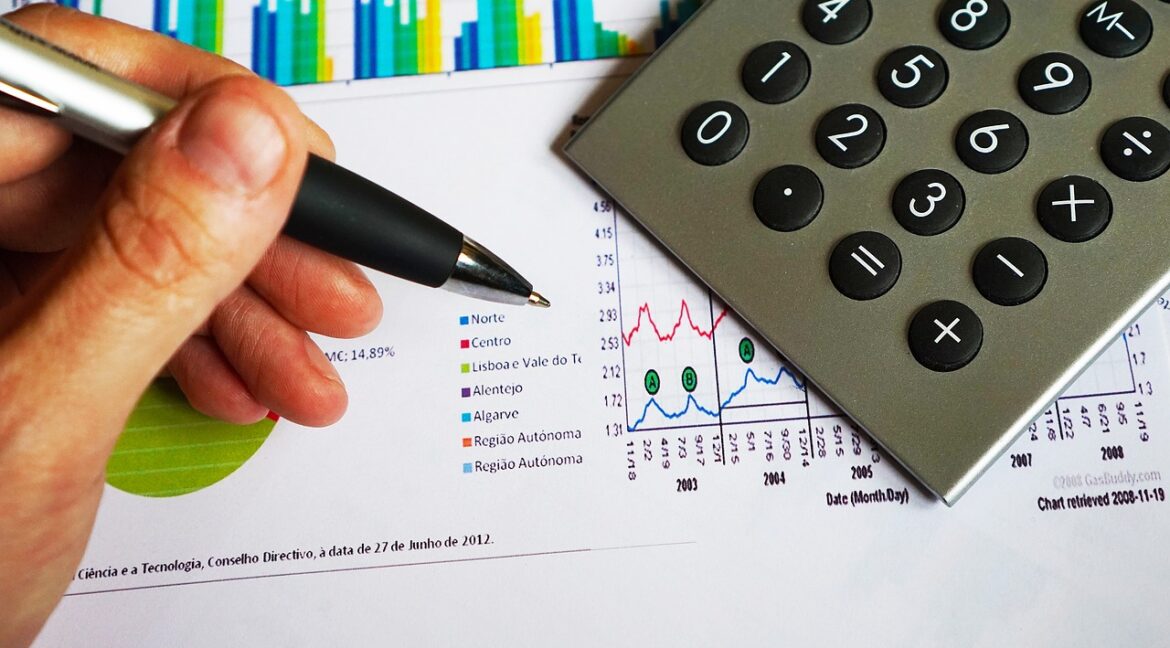When investing in property in Thailand, there are a few costs that the buyer and seller will incur that need to be considered as part of the transaction. These are fees payable to public authorities including Land- and Treasury Department as summarized below.
1. Transfer fee
The transfer fee is two percent of the assessed value of the property. The assessed value of the property is the amount determined by the Treasury Department compiled using data from the Land Department. Generally, the transfer fee is split between the seller and the purchaser but is sometimes used as a negotiating tool as part of the sale.
2. Stamp duty or specific business tax
The seller incurs either specific business tax at 3.3 percent or stamp duty at 0.5 percent. The former is used for owners who have held the property for less than five years as way to deter speculative investors in Thailand’s property market.
3. Withholding tax
This is a progressive tax to be paid by the seller of the property. Also, taxes are normally
split equally between the parties to be agreed.
4. Sinking fund
This is a lump sum payment for all brand-new condominiums paid by the first owner of the
property. It is held in reserve and used in the case of major later refurbishment works.
5. Common area fee
Calculated depending on the size of the property, the common area fee is paid by the
owner usually per annum. Common area fee pays for the daily upkeep of the property and
its facilities including cleaning and maintenance as allocated by the property management.
6. Utility meters
Upon successful transfer of ownership of a property, the purchaser is required to pay the
registration of the electricity meter for a brand-new property and the transfer of
ownership of the electricity meter for resale properties.




